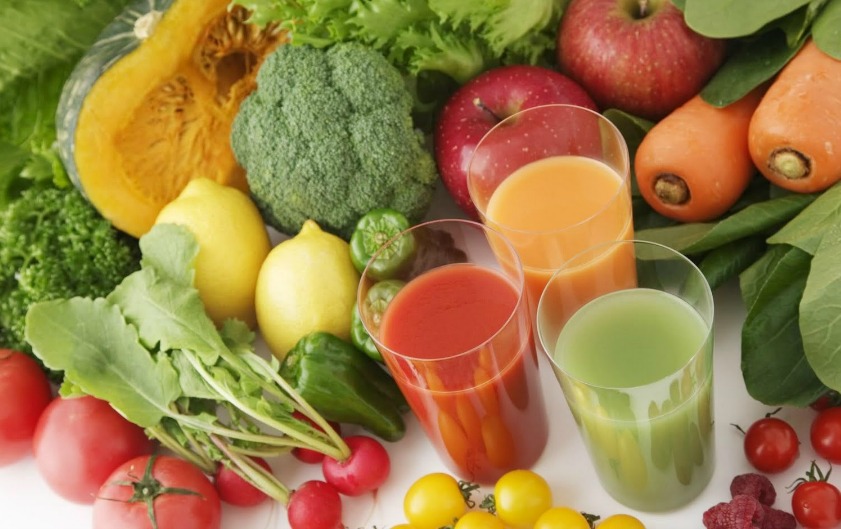Goal Setting and Lifestyle changes are key:
- How many people do you know that go on diets lose weight and then put it back on a few months later? This is because the person only temporarily changes their eating or exercise habits (so they only get temporary results). A permanent change in reduced calories and increased exercise (or expenditure of calories) will lead to remarkable changes.
- Follow a C.R.O.N. diet – Calorie Restriction with Optimal Nutrition
- Per the National Heart, Lung, and Blood Institute (NIH) it is best to lose weight slowly at 1 to 2 pounds per week. Create a healthy diet plan. The NIH recommends a diet of between (1,000 to 1,200) calories per day for women and (1,200 to 1,600) calories per day for men.
- This might be to generalized if your bone structure is significantly larger or smaller than average. If so, determine you average calorie intake per day and cut it by 20{9407f5b6efe070f32cbce28d256ba8963e2f0bc7ada54a9b2e2cd4b71a9b2be7}. Doing this along with increased calorie expenditure should lead to your weight loss.
- You can allow yourself with an occasional treat to keep yourself motivated.
- Physical activity and weight control
Experts recommend a minimum of thirty minutes of moderate physical activity everyday. Physical activity at this level is shown to reduce your risk for some chronic diseases.
http://win.niddk.nih.gov/publications/physical.htm
Eat More Healthy Foods

Healthy foods include:
Whole-grains: oatmeal, whole-wheat, and brown rice.
Legumes: Black beans, Lentils, Chickpeas
Low-fat (or fat-free) dairy products, such as low- milk fat, nonfat yogurt, and low–fat cheese.
Protein: fish, poultry (without skin), lean beef or lean pork
Vegetables and Fruits: Any variety (just be cognizant of the calories and quantity as certain high sugar fruits should be eaten in moderation)
Water – LOTS of it (8-12 eight ounce glasses per day on average)
Getting to a healthy weight and reducing calories will provide numerous health benefits. People at a more normal/healthy weight have greater life expectancy. By losing excess weight and body fat you will reduce your chances of heart disease, cancer, high blood pressure, cholesterol, and high blood sugar. Ultimately all areas of your physical and emotional well being will benefit.
- Review Healthy Food Rules
http://www.nhlbi.nih.gov/health/health-topics/topics/obe/treatment.html
- Also check out the interactive tools at “ChooseMyPlate” website of the U.S. Department of Agriculture (USDA). Here you can determine how much activity and how many calories you need each day to achieve your goals.
- SuperTracker a web resource created by the USDA to help track personalized nutrition and physical activity goals. Once you have created a user profile you can see your ideal calorie intake (which will be accurately allocated between the five food groups). This website allows you to track your weight loss over time – seeing this progression is very motivating and helpful with your weight-loss goal. There is a place to keep an online journal and get motivational messages based on your goals. Its Food-a-Pedia resource allows you to easily compare foods, get calorie/nutrient content, and add to your personalized food tracker.
https://www.supertracker.usda.gov/
People should consult with a physician before starting any exercise and/or calorie reduction diet. Make sure you are providing yourself with adequate water, vitamins and minerals.
